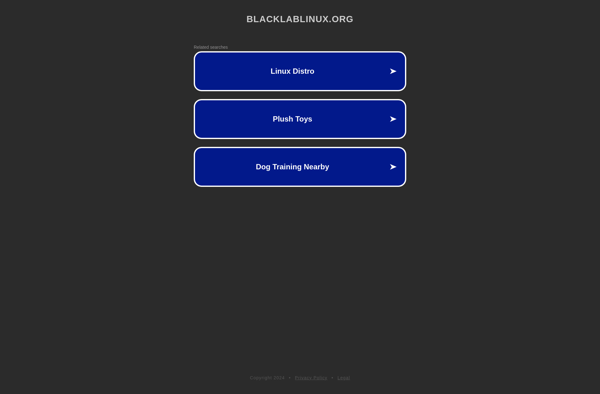Raspberry Pi OS
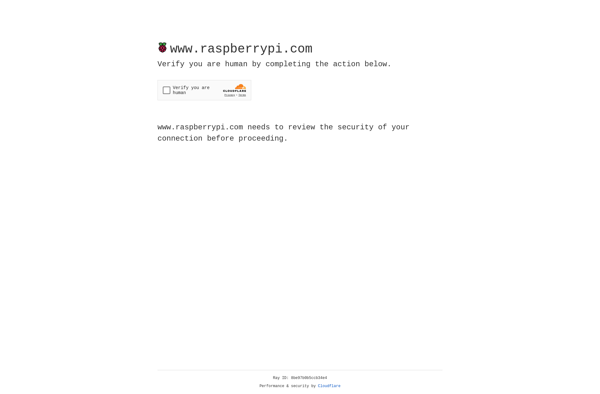
Raspberry Pi OS: Linux-based OS for Raspberry Pis
Raspberry Pi OS is a Linux-based operating system optimized for the Raspberry Pi family of small single-board computers. It comes with a desktop environment and a range of applications for web browsing, productivity, programming, and more.
What is Raspberry Pi OS?
Raspberry Pi OS, previously called Raspbian, is the official operating system for Raspberry Pi. It is based on Debian Linux and optimized for Raspberry Pi's ARM processors. Raspberry Pi OS comes with a desktop environment and suite of applications for education, programming, productivity and more.
Some key features of Raspberry Pi OS include:
- Lightweight desktop environment (PIXEL) with web browser, office suite, programming tools and more
- Python and Scratch programming support out of the box
- Easy to install and set up, ideal for beginners
- Active community support for troubleshooting and tutorials
- Compatible with all models of Raspberry Pi
- Regular updates and security patches
Raspberry Pi OS is designed to be a beginner-friendly operating system to help students and enthusiasts learn computing and programming with Raspberry Pi. Its interface, tools and documentation allows both kids and adults to start building projects without needing Linux expertise. It can also serve as a lightweight desktop OS or media center with the right peripherals.
Raspberry Pi OS Features
Features
- Lightweight Linux distribution
- Optimized for Raspberry Pi hardware
- Raspberry Pi Desktop preinstalled
- Python and Scratch programming support
- Chromium web browser included
- LibreOffice office suite included
- Variety of programming languages and IDEs available
- GPIO access for hardware projects
- Camera and display support
- Customizable desktop environment
Pricing
- Free
- Open Source
Pros
Cons
Reviews & Ratings
Login to ReviewThe Best Raspberry Pi OS Alternatives
Top Os & Utilities and Operating Systems and other similar apps like Raspberry Pi OS
Here are some alternatives to Raspberry Pi OS:
Suggest an alternative ❐CasaOS
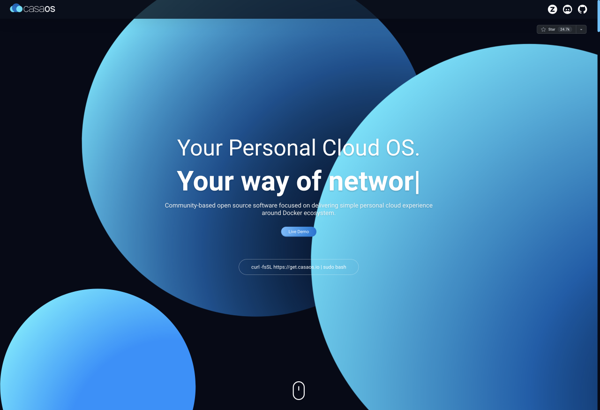
Umbrel

AlmaLinux
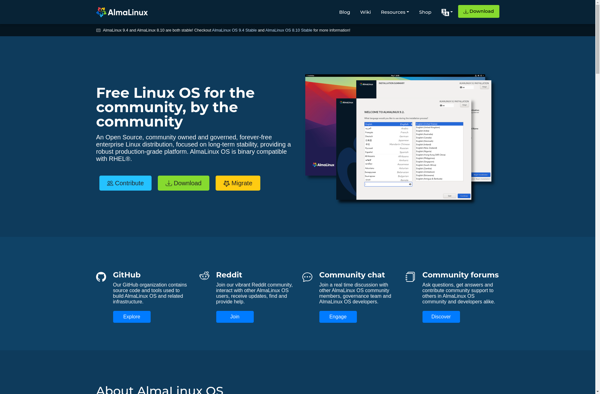
Wubuntu
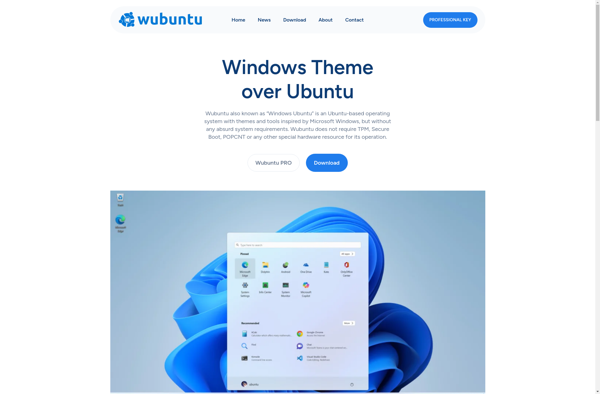
Armbian
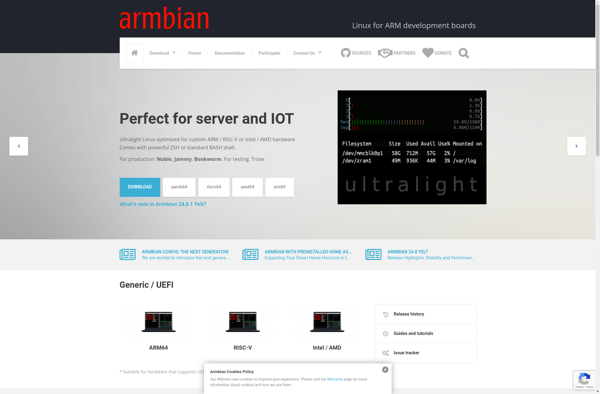
Fairphone Open

XPud

Node OS
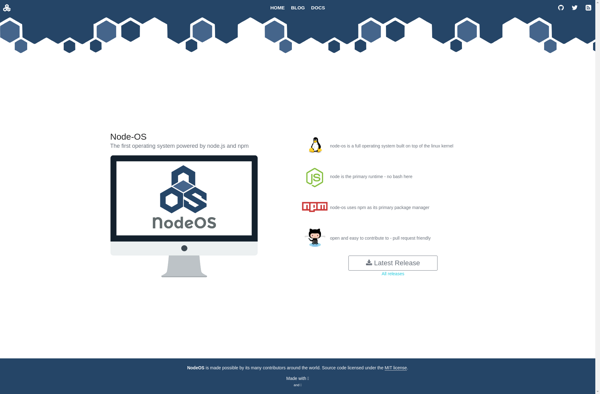
DragonFly BSD
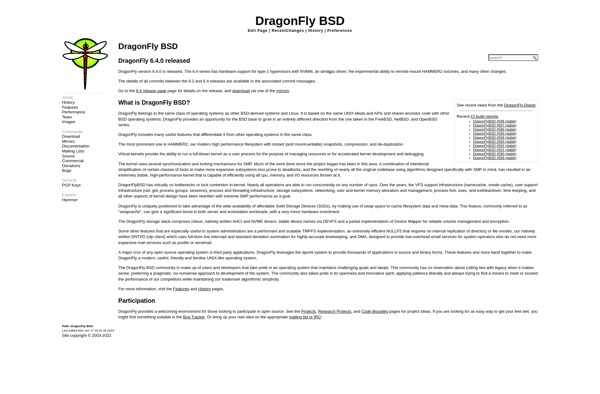
Tanglu
Fedberry

Openmamba
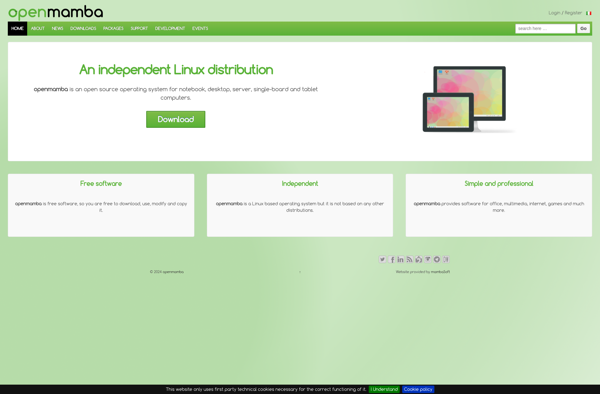
Black Lab Linux
